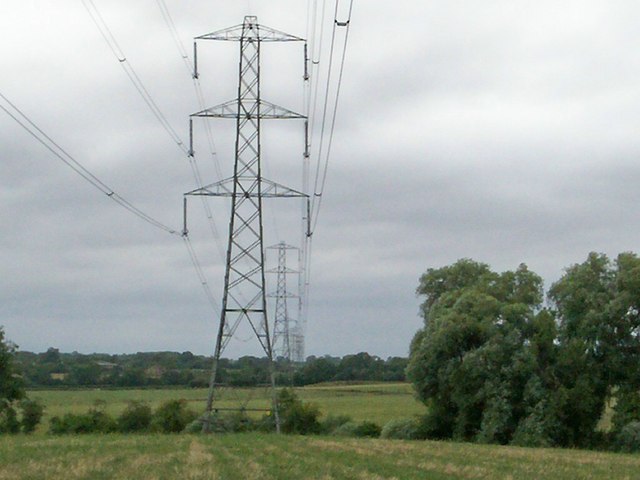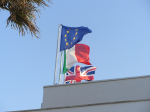
A recent release of official figures indicates that a decrease in gas and electricity costs has resulted in a slowdown of UK inflation during the month of July.
The inflation rate, a measure of how prices evolve over time, dropped to 6.8% for the year ending in July, marking a decline from the 7.9% observed in June.
This decline in inflation can be attributed to the reduction in energy expenses, which was accompanied by eased prices for essential food items like milk, bread, and cereal.
Despite these indications that the cost of living might be stabilizing, prices still linger at elevated levels, placing strains on both household finances and business operations.
It's worth noting that the current inflation rate is substantially lower than its peak of 11.1% recorded in October of the prior year, although it remains significantly higher when compared to historical norms.
While wages have struggled to keep pace with the escalating prices, a glimmer of change is on the horizon, as recent figures from Tuesday reveal a 7.8% year-on-year wage increase for the period spanning April to June.
A decrease in the inflation rate does not imply that prices are necessarily dropping, but rather that their rate of increase is decelerating.
Matthew Corder, Deputy Director of Prices at the Office for National Statistics (ONS), attributed this drop to declining gas and electricity costs in the previous month, coinciding with the implementation of a revised energy price cap that restricts the amount energy suppliers can charge households for their consumption.
Corder also pointed out that, despite some moderation in the cost of certain food items, food prices still remain nearly 15% higher than they were a year ago.
In the realm of "core inflation", which excludes the prices of energy, food, alcohol, and tobacco, the ONS revealed an unaltered rate of 6.9% for July. This figure is closely monitored by the Bank of England, the institution responsible for setting interest rates.
With inflation still hovering more than three times above the Bank's targeted 2%, experts widely anticipate another interest rate increase in September, a move aimed at dampening the momentum of price surges.
The Bank has steadily raised interest rates to 5.25%, reaching the highest level in 15 years. This has led to heightened mortgage expenses, although savings rates have concurrently risen.
The Bank's objective in making borrowing costlier is to curtail spending, slow down demand, and subsequently moderate the pace of price hikes.
Ruth Gregory, Deputy Chief UK Economist at Capital Economics, asserted that due to stronger-than-anticipated wage growth and service sector inflation, the Bank is likely to elevate rates from 5.25% to 5.5% in September.
Chancellor Jeremy Hunt expressed satisfaction with the July data, stating that the government's measures have yielded results in managing the cost of living. However, he cautioned against complacency, reiterating the administration's commitment to halve inflation by year-end.
Shadow Chancellor Rachel Reeves pointed out that inflation in the UK remains higher compared to numerous other major economies. She placed blame on the Conservatives for over a decade of economic instability, which she claims has left working individuals financially strained due to increased energy expenses and elevated retail prices.
Heidi Karjalainen, a Research Economist at the Institute for Fiscal Studies, remarked that the government's target to halve inflation by year-end was always somewhat peculiar, as the Treasury's capacity to influence the pace of price escalation is limited. Photo by Jennifer Luther Thomas, Wikimedia commons.



































